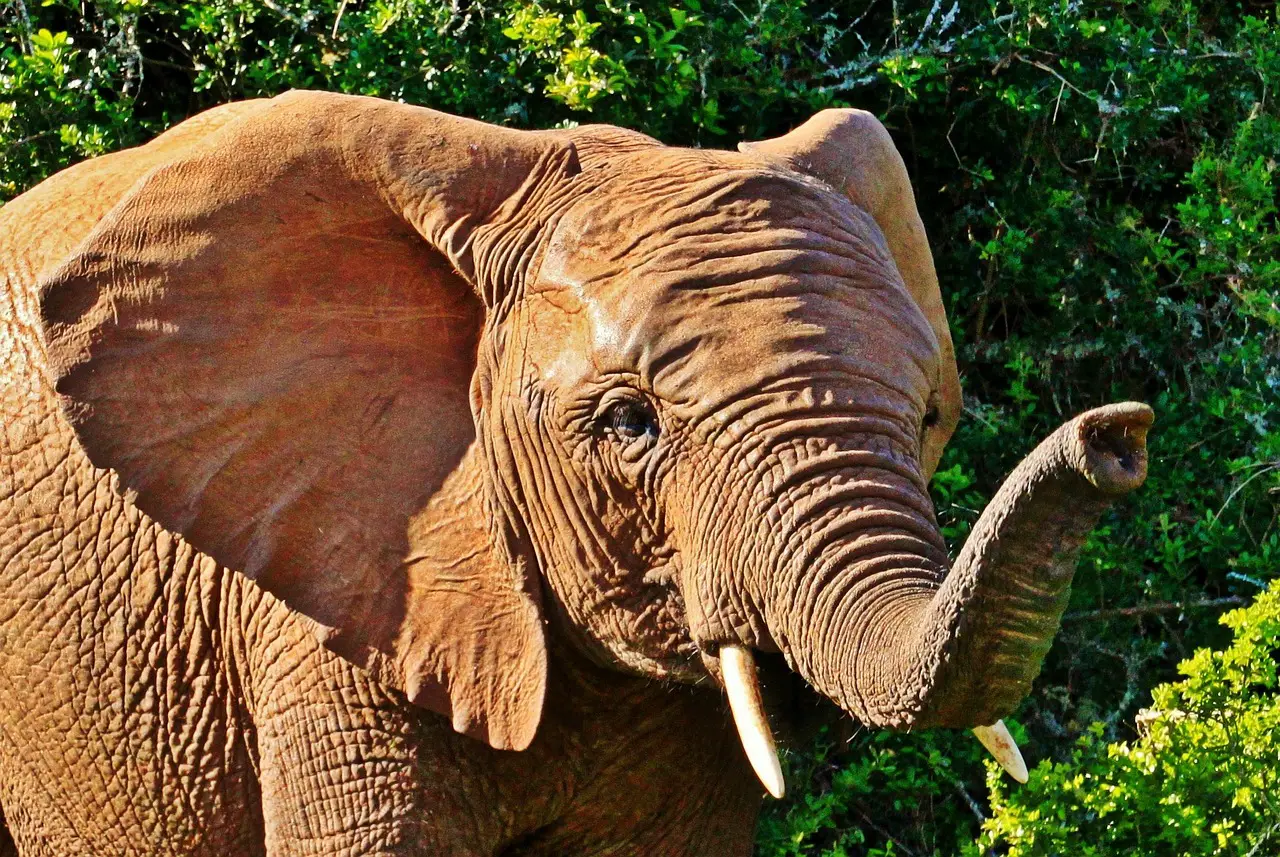Kindness is a universally admired human trait that embodies compassion, empathy, and benevolence. Throughout history, various animals have been associated with representing different virtues and qualities.
What Animal Represents Kindness? In this article, we delve into the animal kingdom to discover which creature symbolizes kindness, exploring their behaviors and the lessons we can learn from them.
You may also want to read about the cutest baby animals.
What Animal Represents Kindness:
Dolphins: The Gentle Ambassadors
Dolphins are known for their playful nature and their willingness to interact with humans. These intelligent marine mammals have been observed displaying kindness towards injured or distressed individuals, often offering support and protection.
Elephants: The Compassionate Giants
Elephants have a remarkable capacity for empathy and social bonding. They display acts of kindness within their herds, offering support and consolation to fellow elephants in times of distress. Their nurturing behavior towards their young is a testament to their kind and compassionate nature.

Dogs: Man’s Best Friend and Loyal Companions
Dogs have earned their reputation as loyal and loving companions. They display unwavering loyalty and affection towards their human counterparts, providing comfort and companionship. Their ability to sense emotions and offer unconditional love makes them symbols of kindness and devotion.
Acts of Kindness in the Animal Kingdom
Cooperative Behavior Among Meerkats
Meerkats exhibit remarkable cooperative behavior within their social groups. They work together to raise their young, protect their territory, and forage for food. Their collective efforts and cooperation exemplify the kindness and unity found within their community.
Altruism in Bonobos and Chimpanzees
Bonobos and chimpanzees, our closest relatives, have demonstrated acts of kindness and altruism within their social groups. They have been observed sharing food, offering comfort, and mediating conflicts, showcasing their ability to exhibit compassion and empathy towards one another.
Maternal Care and Nurturing in Orangutans
Orangutans are known for their exceptional maternal care. The bond between mother and offspring is profound, with orangutan mothers providing nurturing and protection to their young for an extended period. Their gentle and caring nature serves as a reminder of the importance of kindness and compassion.

Lessons from Animals
Learning from Their Empathy and Compassion
Animals teach us valuable lessons about kindness through their natural behaviors. By observing their empathy and compassion towards one another, we can learn to cultivate these qualities within ourselves and extend them to our fellow humans.
Inspiring Human Behavior through Animal Stories
Throughout literature and folklore, animals have been portrayed as kind and selfless beings, inspiring readers with their acts of compassion. These stories serve as reminders of the potential for kindness within ourselves and encourage us to emulate these virtues.
Animal-Assisted Therapy
The Healing Power of Animals
Animal-assisted therapy has gained recognition for its ability to improve emotional well-being and provide comfort to individuals in various settings. Animals, with their non-judgmental presence, offer solace and support to those in need, demonstrating the transformative power of kindness.
Emotional Support and Comfort through Interactions with Animals
Animals, especially therapy animals such as dogs and horses, provide emotional support and comfort to individuals facing physical or mental health challenges. Their presence and affectionate interactions promote feelings of kindness, empathy, and overall well-being.
Kindness Towards Animals
Promoting Animal Welfare and Compassionate Treatment
Kindness towards animals extends beyond symbolism; it involves responsible stewardship and compassionate treatment. By promoting animal welfare, advocating for ethical practices, and respecting their rights, we can embody kindness and contribute to a more compassionate world.
The Connection between Kindness Towards Animals and Kindness Towards Humans
Research has shown a correlation between kindness towards animals and kindness towards humans. By fostering empathy and compassion for animals, we can develop and strengthen these qualities in our interactions with fellow human beings, promoting a culture of kindness and understanding.
Conclusion
What Animal Represents Kindness? Animals, with their innate behaviors and remarkable capacities, have much to teach us about kindness. From the gentle ambassadors of the sea to the compassionate giants of the land, they inspire us to cultivate empathy, compassion, and benevolence. By learning from their examples and incorporating kindness into our lives, we can create a more harmonious and compassionate world.
FAQs
Q: Can any animal be kind? A: Kindness, in the human sense, involves complex emotions and moral decision-making. While animals exhibit behaviors that we may interpret as kind, it is important to acknowledge that their actions are driven by instincts and natural behaviors rather than conscious acts of kindness.
Q: How can we promote kindness towards animals? A: Promoting kindness towards animals starts with education and awareness. Learning about their needs, respecting their habitats, supporting ethical treatment, and promoting responsible pet ownership are all ways to promote kindness towards animals.
Q: Are there any other animals associated with kindness? A: Kindness can be associated with various animals in different cultural contexts. Some examples include swans, turtles, and birds like the robin. These associations often stem from folklore, mythology, or cultural beliefs.
Q: Can animals understand and reciprocate kindness? A: Animals may not understand kindness in the same way humans do, but they can respond positively to kindness through trust, companionship, and improved well-being. Their behaviors and responses can be influenced by positive interactions and compassionate treatment.
Q: How can we incorporate more kindness into our daily lives? A: Incorporating kindness into our daily lives can be as simple as practicing empathy, actively listening to others, performing acts of kindness towards both humans and animals, and cultivating a mindset of compassion and understanding.
